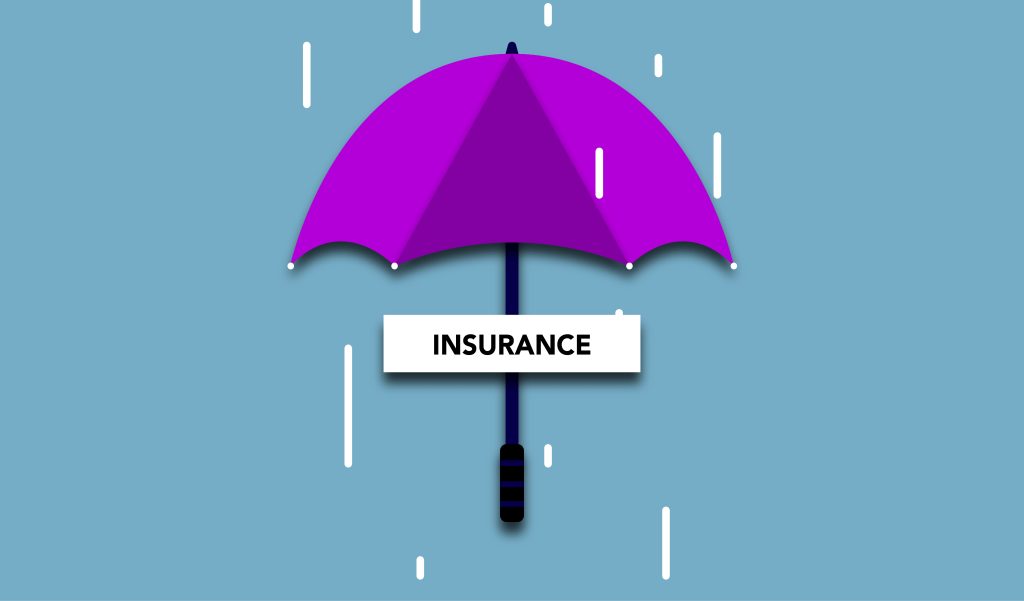
By: Paul Horn, CFP®, CPWA®, Senior Financial Planner
At one point in my professional career, I sold insurance policies. I always joked that though I was raised a gentleman, I had to ask women the two things you are never supposed to ask, “How old are you?” and “What is your weight?” Luckily, we do not sell insurance at BFSG, which has saved me from having more of these awkward conversations.
When insurance makes sense:
Our clients’ insurance needs can vary from life, disability, long-term care, umbrella liability, medical, or even to business insurance. Insurance at its core tries to make you “whole” when a catastrophic event occurs. Simply put, when something major in life happens, insurance is supposed to provide enough benefit for the victim to maintain the same standard of living they enjoyed before the unfotunate event occurred.
When to avoid insurance:
Insurance products are not designed to be investment products. They are designed to solve a problem. Unfortunately, unscrupulous salesman pitch insurance as an excellent investment vehicle for retirement. If anyone pitches insurance as an investment, you should see nothing but red flags.
What to consider when looking at insurance:
Every insurance discussion is best held in the context of one’s comprehensive financial plan. Any discussion should be framed around two very simple questions:
If something happens, can you afford to pay the bill?
As we already stated, the idea of insurance is to make you “whole” if a catastrophe occurs. A very common example is, if a spouse dies prematurely, can the surviving spouse and kids maintain the same standard of living? If you do not have enough assets to handle the circumstances on your own, then insurance is needed.
If you do have sufficient assets, then I like to ask a second question:
If something happens, do you want to pay the bill or do you want someone else to pay the bill?
There are times where people may have enough assets but may still want to have insurance. A common example of this would be long-term care. If a spouse gets sick they may have enough assets to cover the costs for a while, but what happens if the need is longer than anticipated? In these situations, it can be beneficial to have insurance in case it is ever needed, and to provide our clients peace of mind and more assets for their heirs.
If you have an insurance-related question, please do not hesitate to ask for our opinion to see how we may be able to help!
Disclosure: BFSG does not make any representations or warranties as to the accuracy, timeliness, suitability, completeness, or relevance of any information prepared by any unaffiliated third party, whether linked to BFSG’s website or blog or incorporated herein and takes no responsibility for any such content. All such information is provided solely for convenience purposes only and all users thereof should be guided accordingly. Please see important disclosure information here.



































